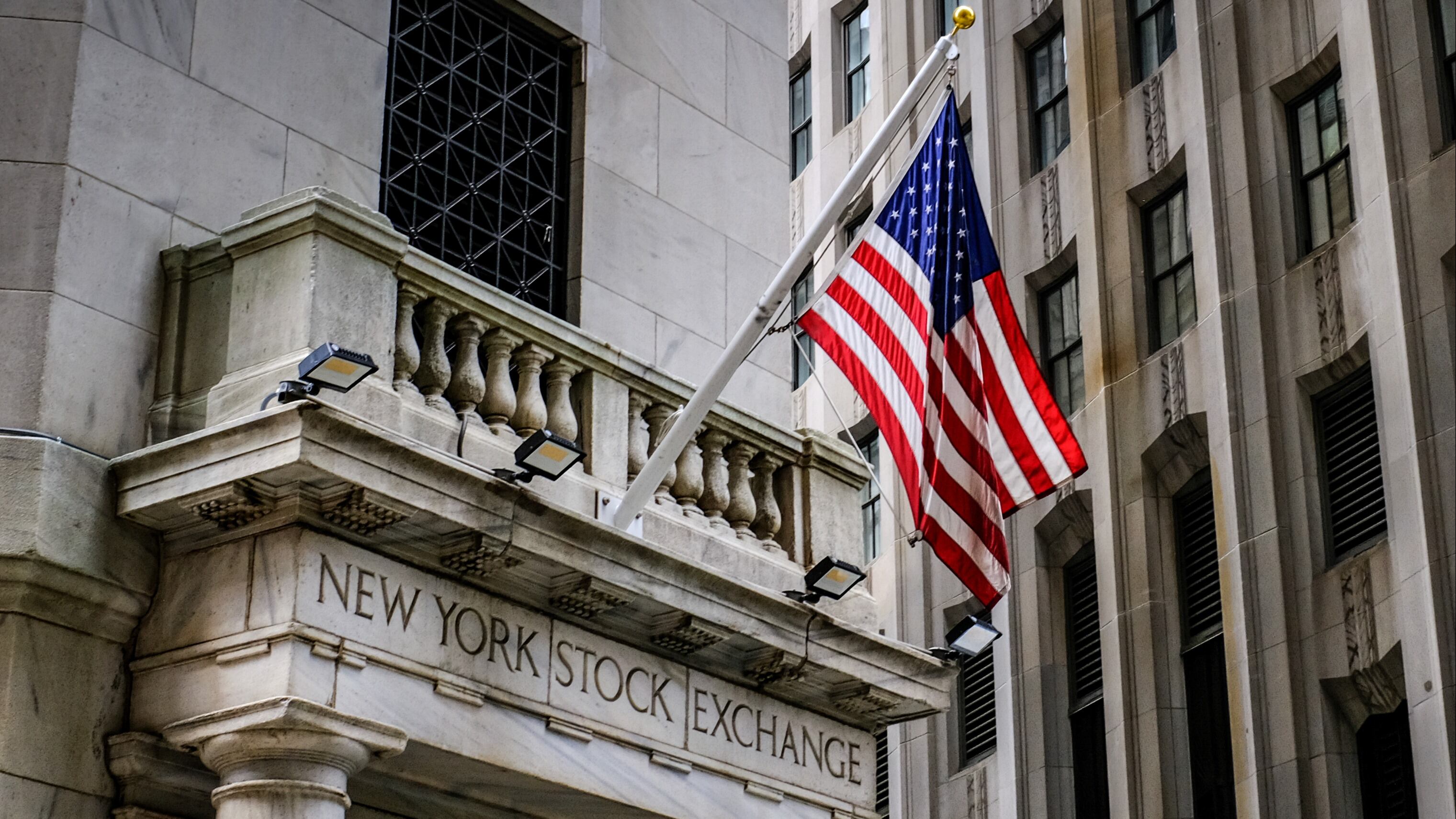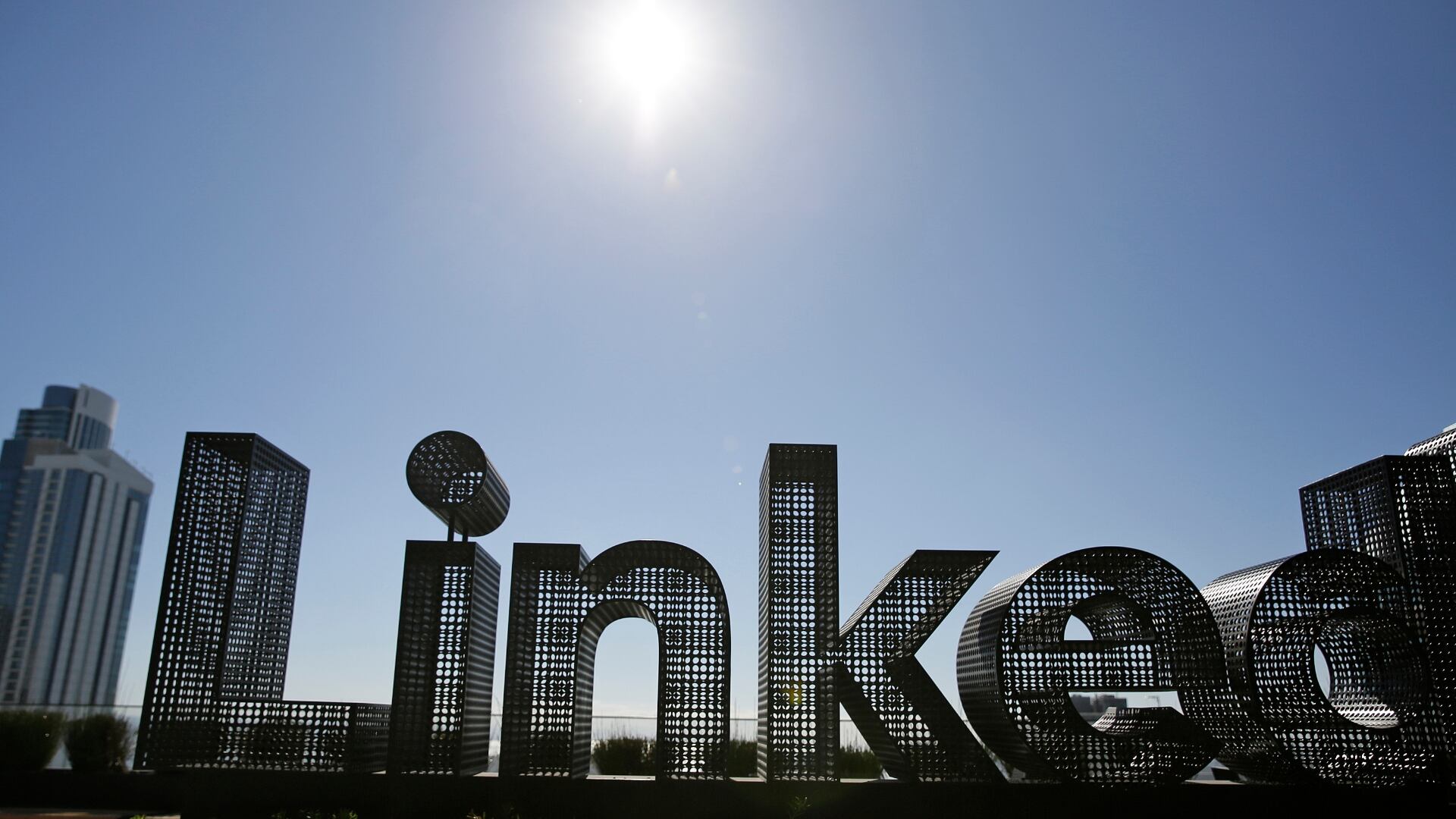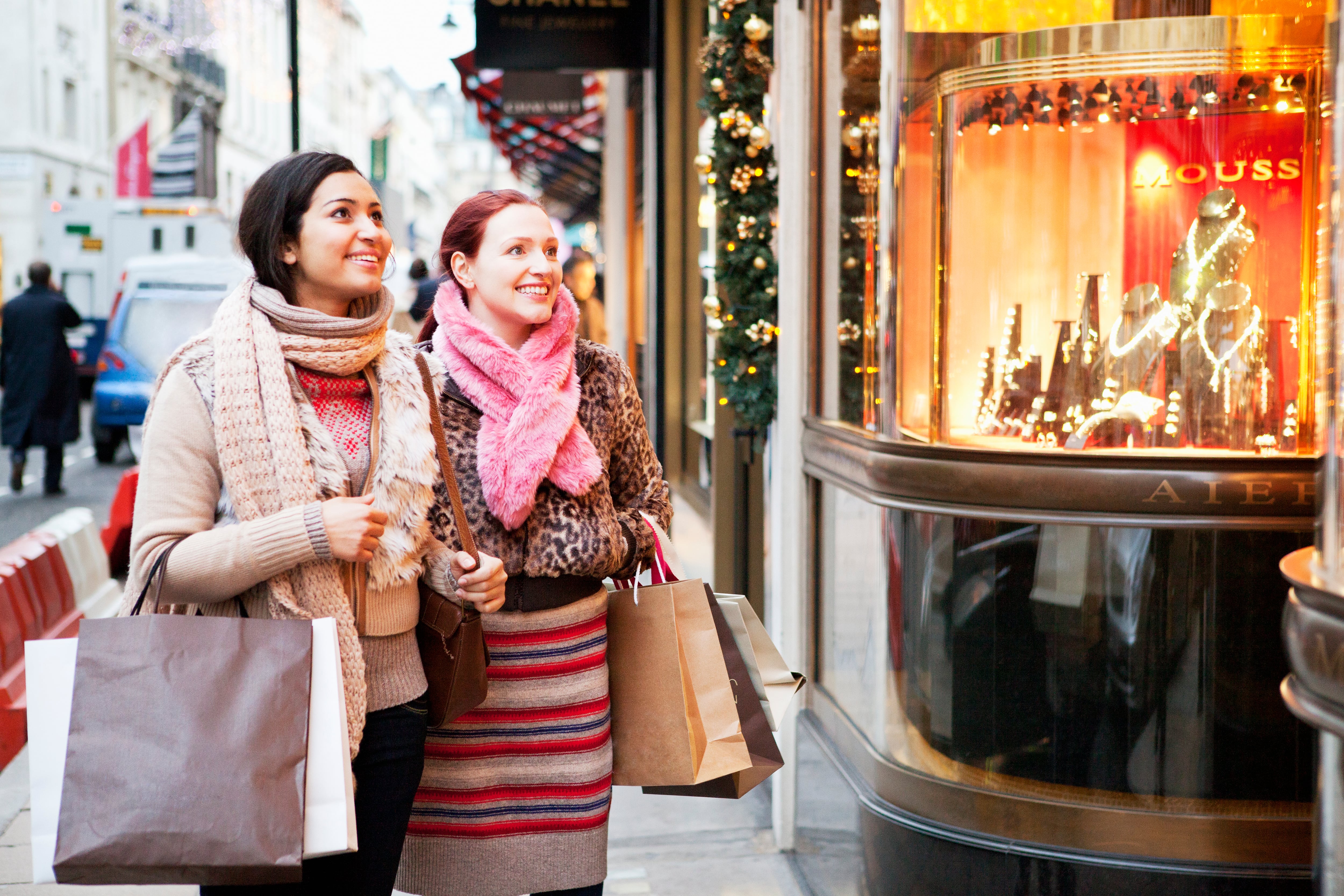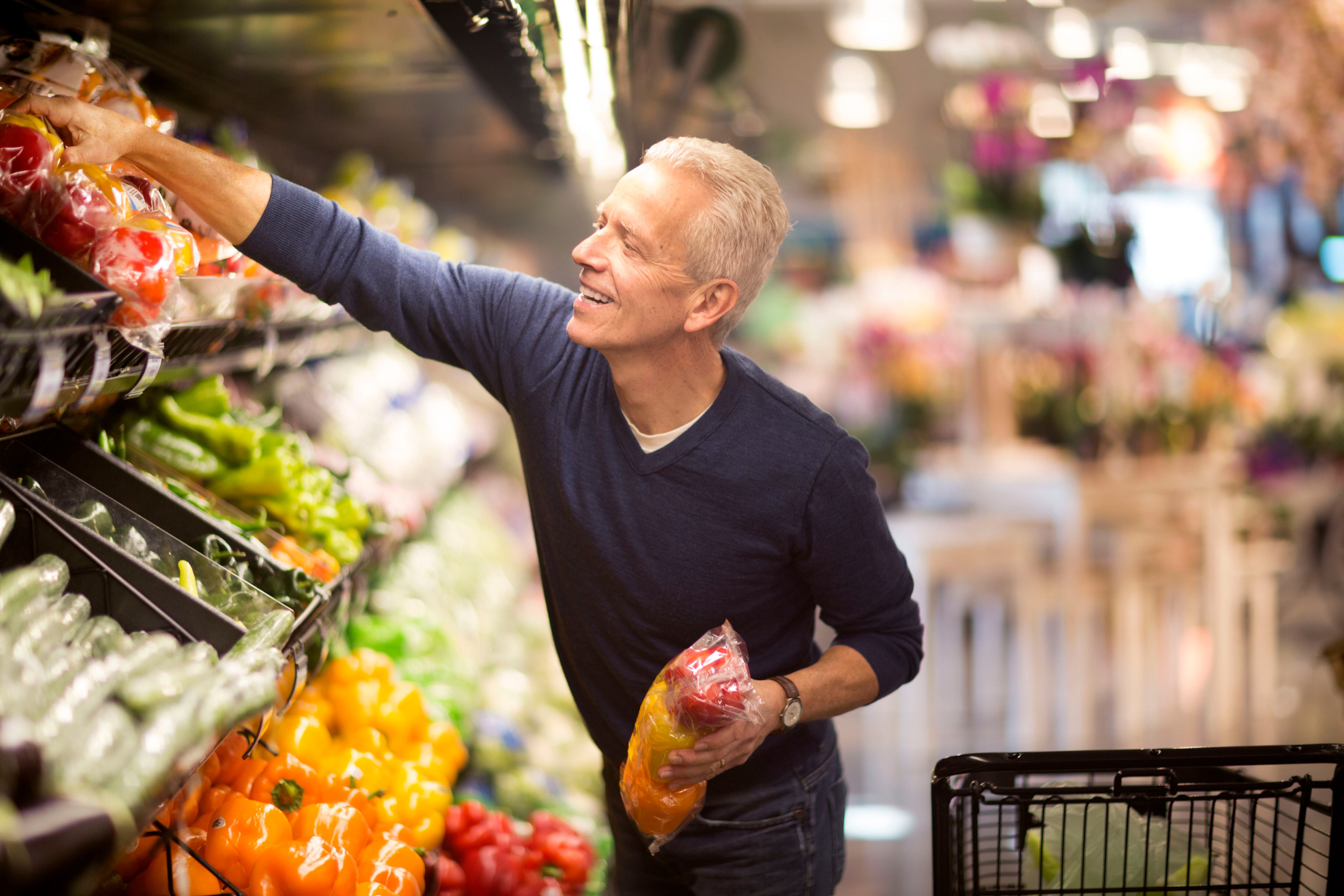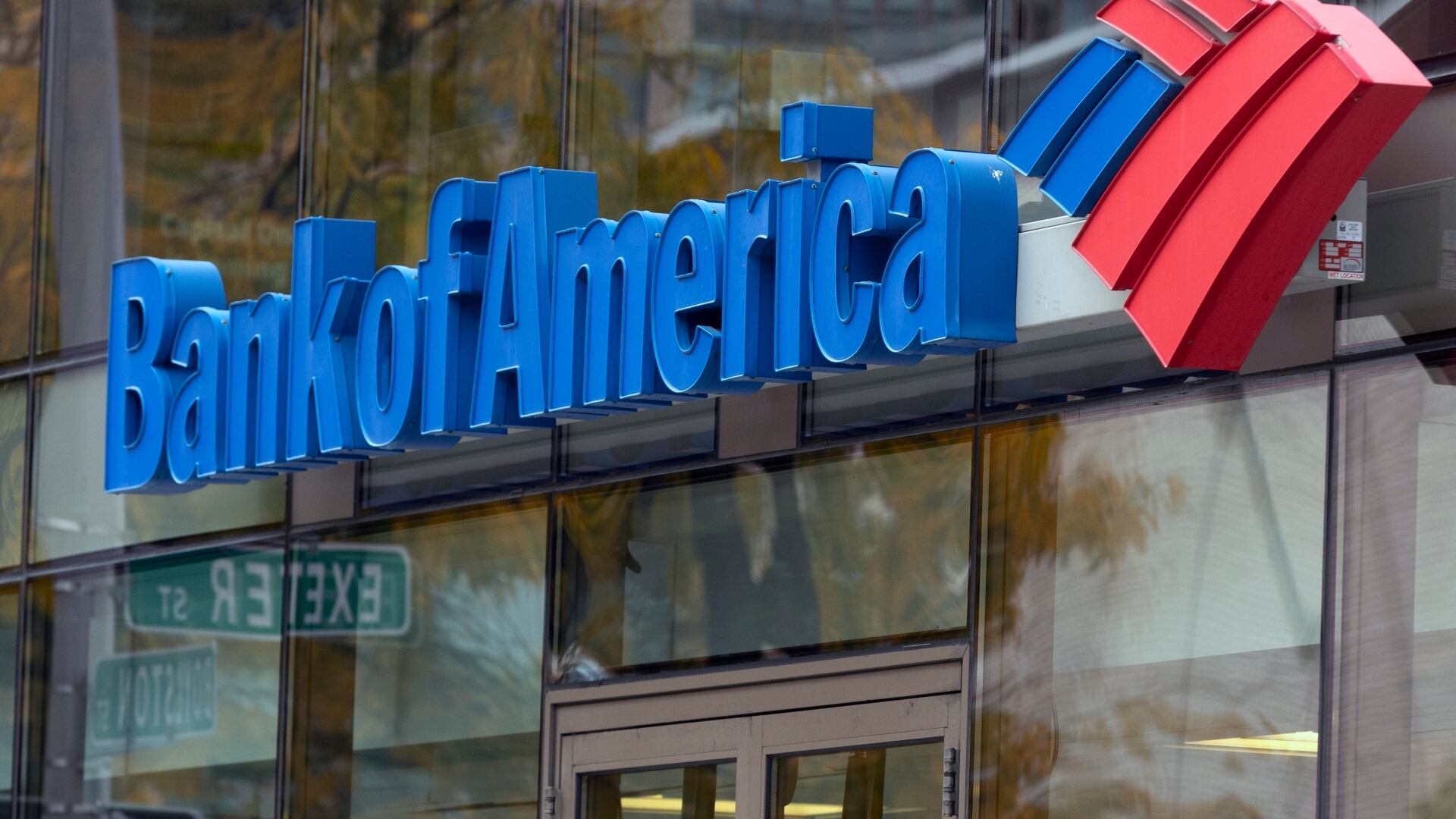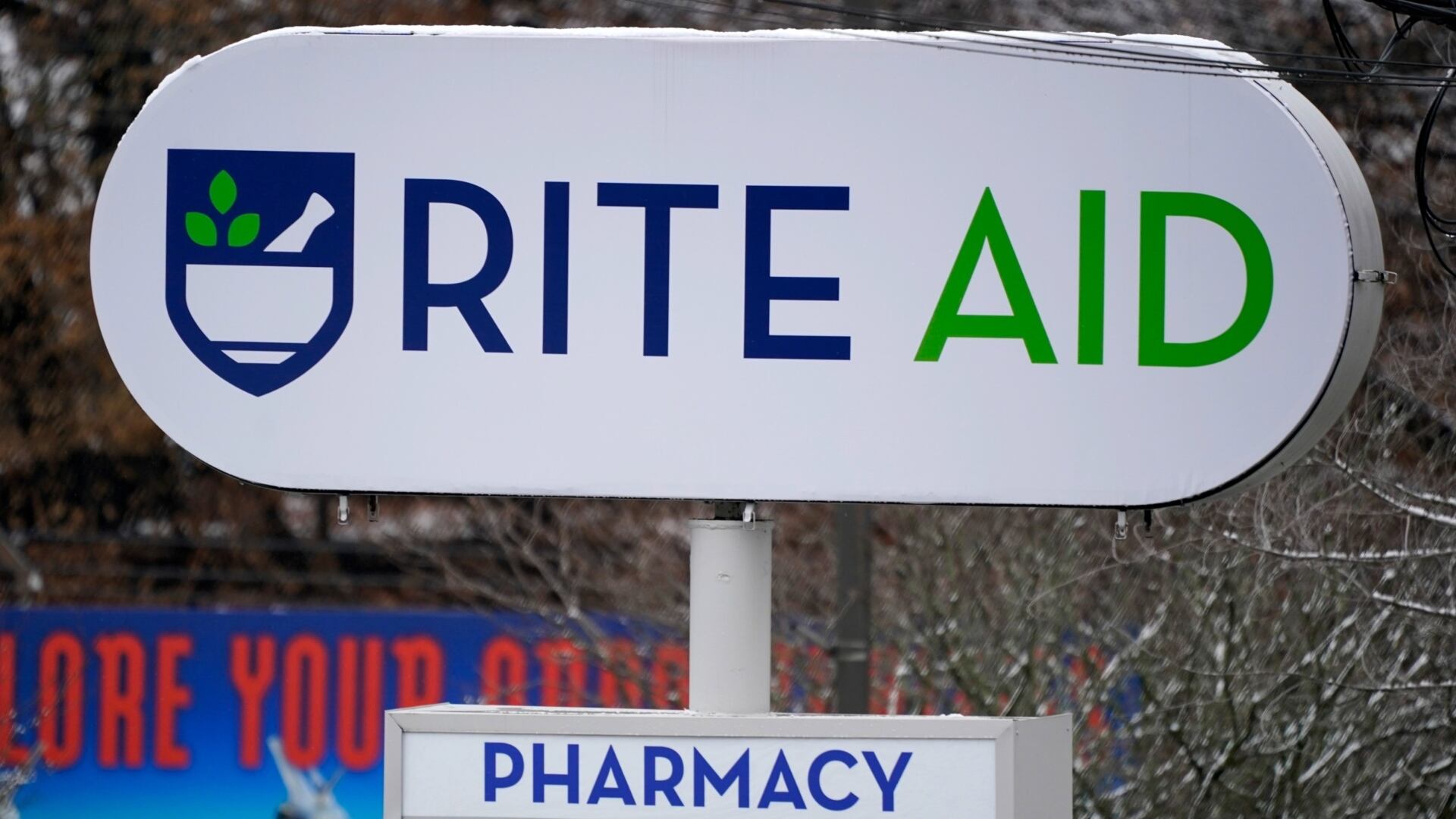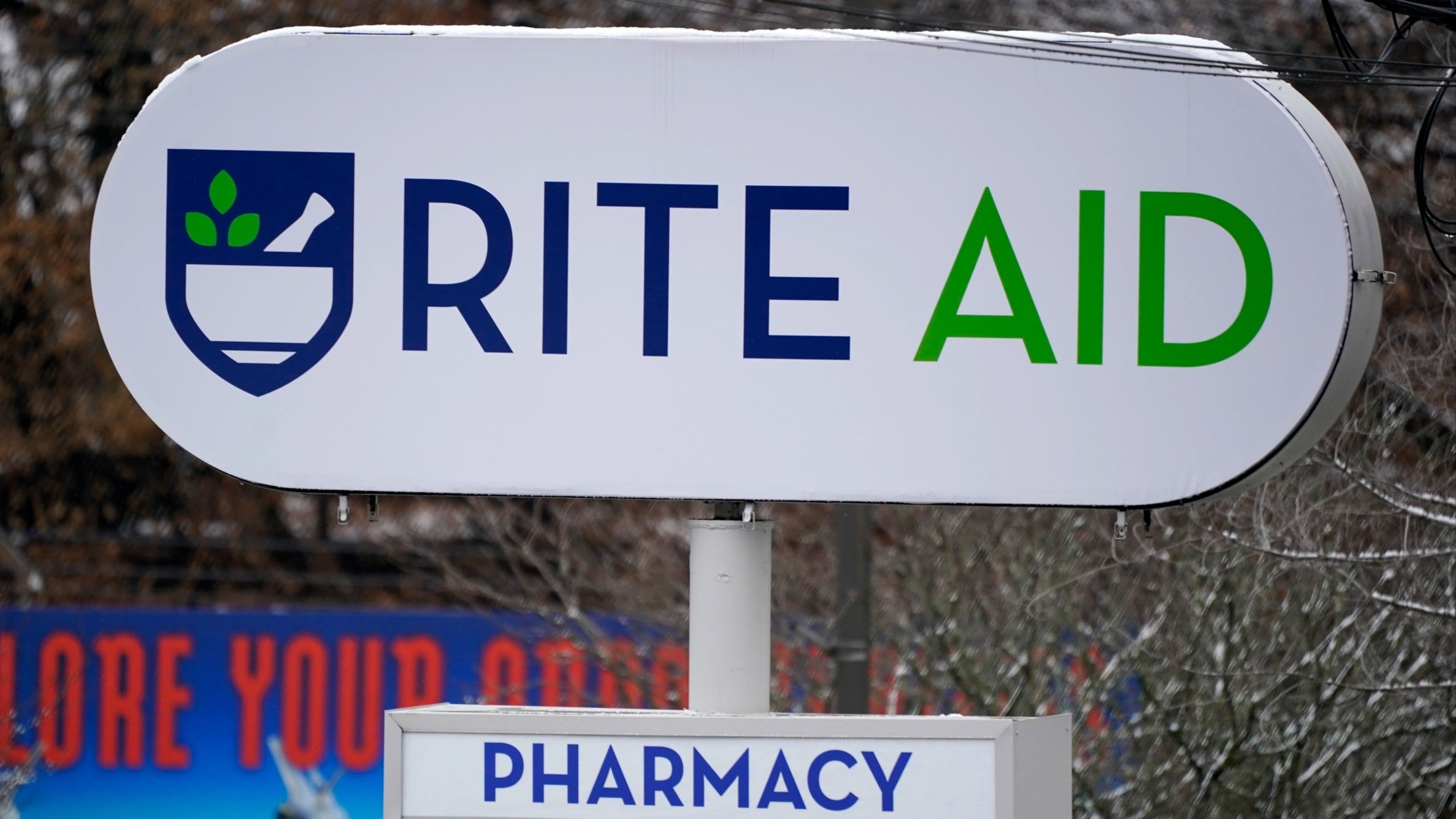*By Alisha Haridasani and Madison Alworth* Starbucks' chairman announced Thursday that anyone, not just paying customers, will be allowed to use the toilets at the coffee chain's stores. The change in policy comes a month after two black men were arrested at one of the company's cafes in Philadelphia after asking to use the bathroom without having made a purchase. "This is the brand that they've built, this idea of the third place that you're able to sit at," said Deirdre Latour, a communication and reputation strategist. "So I think they're doing the absolute right thing," Videos of the arrests in Philadelphia were widely circulated on social media, prompting protests against Starbucks and accusations that the coffee chain engaged in racial profiling and discrimination. The new policy is part of a wider effort by the company to rehabilitate its image and attempt to make its stores more welcoming and inclusive. "Howard is a really good spokesperson for this because he's very committed to social issues," said Latour, referring to the Starbucks chairman Howard Schultz. "It's the right thing." In announcing the new policy, Schultz said Starbucks doesn't "want to become a public bathroom,” but it will give everyone who asks the keys to their restrooms. "We don't want anyone at a Starbucks to feel as if we are not giving access to you to the bathroom because you are 'less than,'" Schultz said on Thursday. Starbucks executives, including Schultz and the CEO, Kevin Johnson, [responded](https://news.starbucks.com/views/starbucks-response-incident-in-philadelphia-store) to the controversy at the Philadelphia store by apologizing to the two men. The company also announced it was shutting down all its stores in the U.S. for half a day later this month to train staff to be more sensitive to racial bias. The company asked the former Attorney General in the Obama administration, Eric Holder, and the social justice activist Bryan Stevenson to help craft the training curriculum. The training will be as much about explaining protocol to Starbucks' staff as it will be setting expectations with the public. "I think they're going to have to really communicate externally, not just to their employees, exactly what the training is ー What's coming out of the training. What's going to be different in the stores," said Latour. "They need to come up with real actions so people don't think it's spin." Starbucks will close around 8,000 stores for the afternoon on May 29 to train 175,000 employees. For the full interview, [click here](https://cheddar.com/videos/how-to-handle-a-crisis-pr-scenario).
